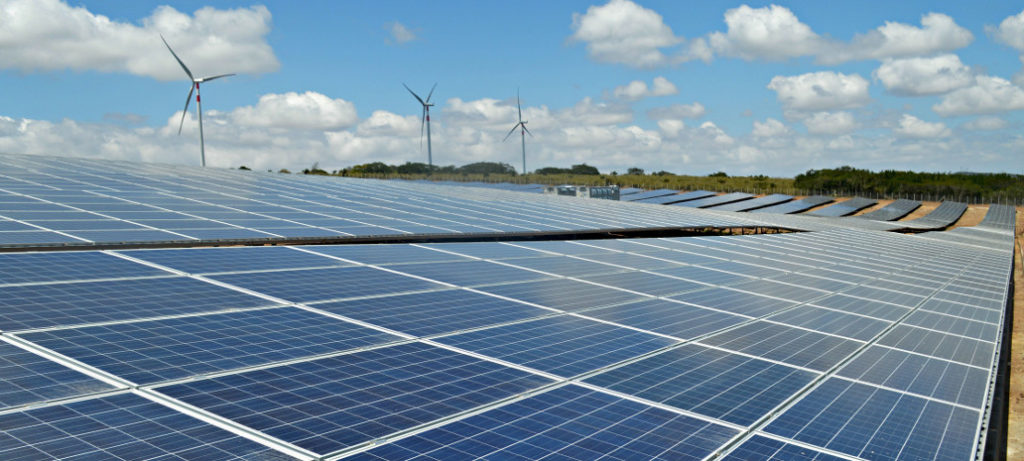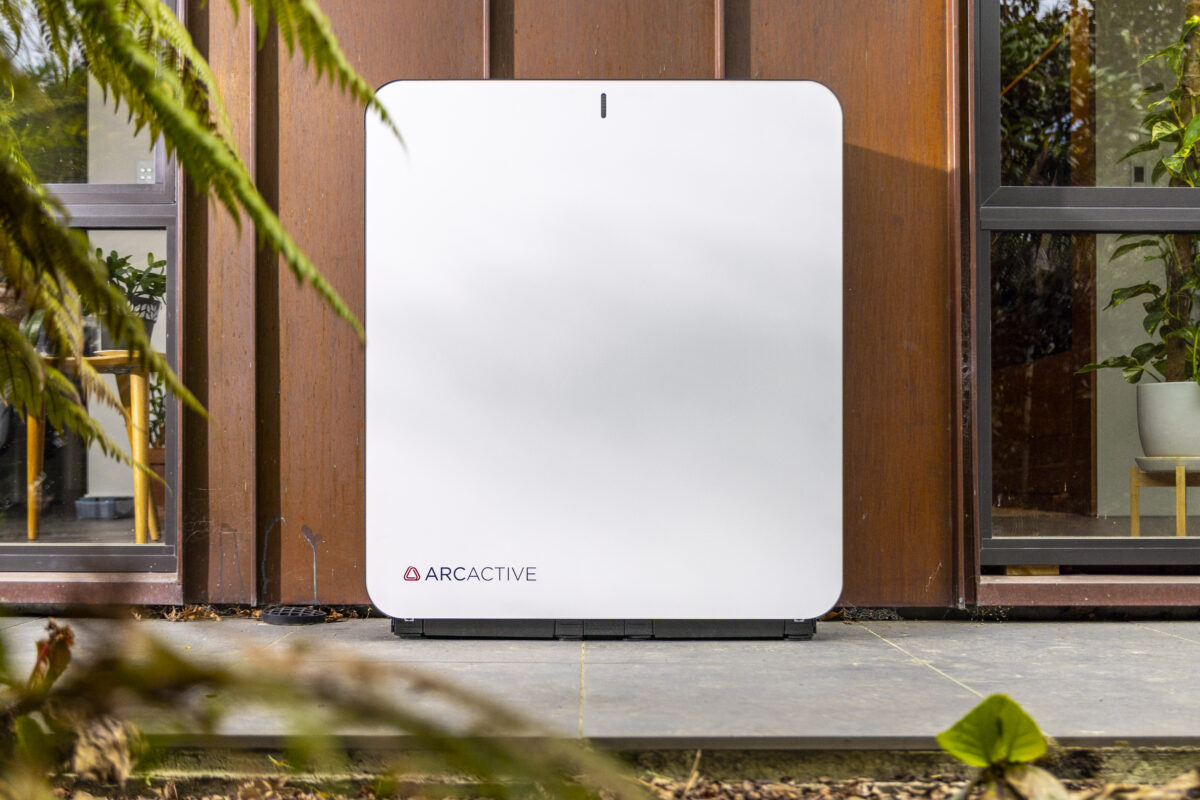Queensland has announced the establishment of a Ministerial Energy Council which will work with government on delivering the state’s future energy needs, including renewables, while NSW’s first Renewable Energy Sector Board (RESB) will work to boost local procurement and jobs as the state adopts increasing amounts of renewable energy.
NSW Energy minister Matt Kean unveiled the RESB on Tuesday, describing it as an opportunity to secure an economic opportunity for local renewable industries in line with the Electricity Infrastructure Roadmap.
“We have bought all the key players to the table to make sure we don’t miss any opportunities to support local jobs and industry as we modernise the state’s energy infrastructure over the coming decades,” he said in a statement.
“My brief to the board is do not leave any stone unturned. This is a once-in-a-generation opportunity to secure the economic and employment benefits under our Electricity Infrastructure Roadmap for our local industries, workers and consumers.”
The RESB will focus on material sourcing and contracting arrangements, with an eye to giving NSW manufacturers, particularly those in the regions, a competitive edge in emerging ‘green’ supply industries.
It will be jointly chaired by Daniel Walton from the Australian Workers’ Union and Craig Memery from the Public Interest Advocacy Centre and brings together 12 representatives from across the sector including manufacturers and clean energy groups.
Walton said the RESB will focus on creating new jobs and maximising the use of locally produced and supplied goods.
“These new policies should drive genuine accountability and replace the ‘tick and flick’ culture of procurement which has favoured overseas suppliers in recent decades,” he said.
Memery said the RESB will play a key role in making sure the energy sector is competitive to deliver choice for consumers and drive down electricity prices.
“We want to make sure our local workers and industries reap the economic benefits of the transition to cheap, reliable and renewable electricity, and we’ll be looking at ways to do this in the best interests of NSW electricity customers,” he said.
The RESB, a key component of the NSW Government’s energy legislation that passed through the NSW Parliament in November 2020, will provide its first report to the minister by the end of March.
Energy Council for Queensland
The NSW announcement came on the same day the Queensland Government revealed would establish a Ministerial Energy Council to work with government on delivering the state’s future energy needs, including the role of renewables and hydrogen.
“This decade will herald a significant adjustment in the way energy is produced, distributed and stored,” Energy Renewables and Hydrogen Minister Mick de Brenni said.
“Investors are lining up to capitalise on our world-class wind resources and highest solar intensity.”
A range of industry groups will have a seat at the table as well as the Electrical Trades Union and the Australian Energy Council.
De Brenni said a discussion about establishing a hydrogen supply chain in the state would top the agenda, adding Queensland’s publicly owned generation and supply chain assets provide a strong foundation to move forward.
“Renewable energy and transmission, manufacturing, resources and electrifying transport have the capacity to create 570,000 Australian jobs in the next five years,” he said.
“By establishing a Ministerial Energy Council, our government can leverage our foundational assets as a basis from which to harness the additional capacity of renewables to deliver real outcomes for Queenslanders.”
This content is protected by copyright and may not be reused. If you want to cooperate with us and would like to reuse some of our content, please contact: editors@pv-magazine.com.









By submitting this form you agree to pv magazine using your data for the purposes of publishing your comment.
Your personal data will only be disclosed or otherwise transmitted to third parties for the purposes of spam filtering or if this is necessary for technical maintenance of the website. Any other transfer to third parties will not take place unless this is justified on the basis of applicable data protection regulations or if pv magazine is legally obliged to do so.
You may revoke this consent at any time with effect for the future, in which case your personal data will be deleted immediately. Otherwise, your data will be deleted if pv magazine has processed your request or the purpose of data storage is fulfilled.
Further information on data privacy can be found in our Data Protection Policy.